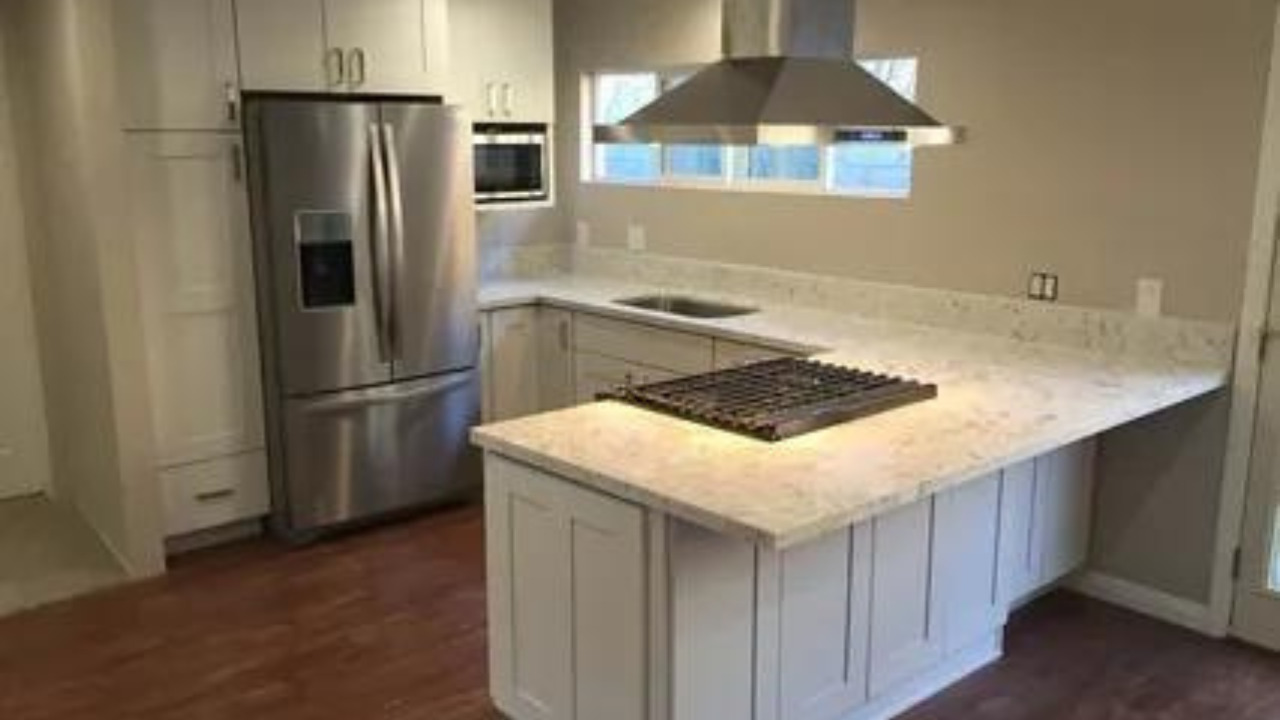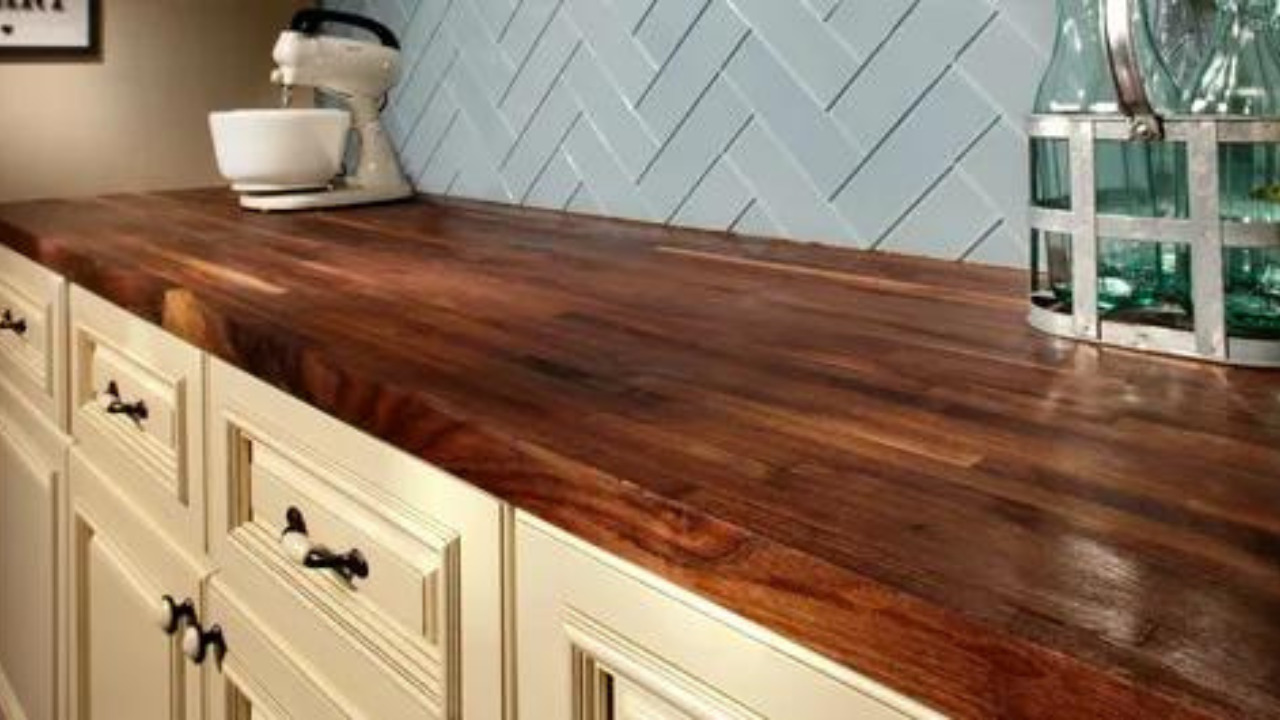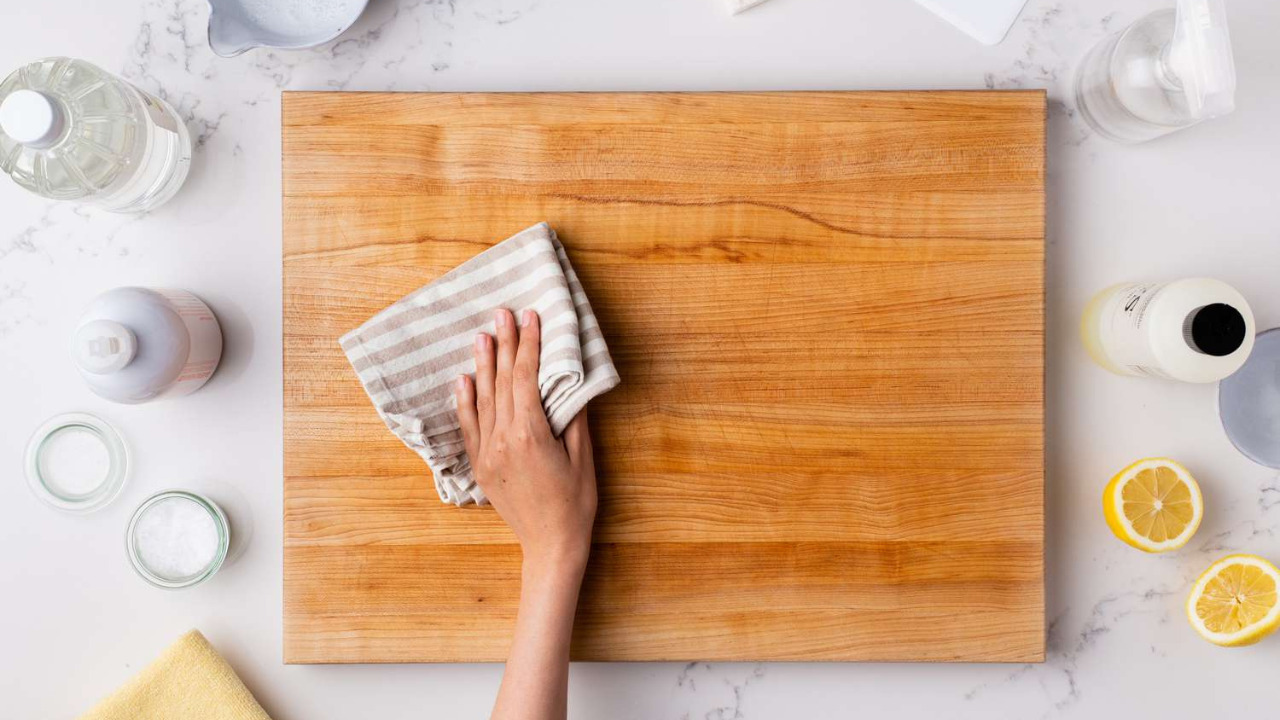Natural stone countertops can instantly elevate the look of a kitchen. Granite and quartz are noted for their long life and ease of upkeep. On the other hand, many homeowners wonder if they’re prone to fading. In this piece, we’ll talk about this question.
When it comes to installing granite, quartz, or another stone countertop, you will have many questions. While real stone can add value to your home, you’ll want to consider the variety, durability, and pricing and if your countertop will fade if exposed to sunshine.
Table of Contents
Sunlight Fades Granite Countertops
If left in direct sunlight for an extended period, any natural stone will fade, but this will take many years. The sun’s rays are made up of a variety of various rays. You get a sunburn from ultraviolet sunlight. It’s also the type of radiation that causes the color of your outdoor countertops to fade over time.
If you have granite built outside, consider installing it behind a deck or pergola. Granite can withstand UV light for a while, but with enough time and exposure, it will fade as well.
Dyed Granite Countertops Get Faded Easily
Color-enhanced granite colors refer to granite slabs that have been treated with dyes to give them a specific color. The dyes will fade quickly in the presence of UV exposure. Other countertop materials will deteriorate as well.
Quartz is held together by special resins. When exposed to direct sunshine, the resins will deteriorate and fade. Installing a quartz countertop outside in direct sunlight is never a good idea.
How To Protect Granite Countertops From Getting Faded?
You’ve spent a lot of money on granite counters. You want them to last a long time and look excellent. Fortunately, taking a few precautions at home can help lessen the risk. Simply closing your blinds in the middle of the day can prevent sun exposure if you have them over the sunny windows in your home or near natural-stone features.
You can buy a cover for your countertops if you don’t have that choice or if your countertops are outside.
What Are The Other Reasons For Granite Countertops Fading?
Stone countertops fade for a variety of reasons, including exposure to sunlight. With ongoing countertop use, the sealer that provides an extra layer of protection wears away, resulting in a dull appearance. When the material absorbs water, you will notice it.
As long as the manufacturer or installer suggests the product, resealing addresses the problem. Make sure the surface is completely clean before applying the sealant. A proper sealer will keep stains off of your countertops and keep them looking beautiful.
Time Span Also Matters For Fade Granite Countertops
With time, your countertops may grow dull. This is happening because the initial sealant has begun to wear away. This is a common event that might take anywhere from a year to several years. The sealant has worn away if water does not bead on your counters. Water can stain your granite, making some parts darker.
The best approach to cope with this is to reseal your counters to add that extra layer of security. You can do it yourself or hire a professional to do it for you.
Cover Your Kitchen Windows With Glass Doors
Indoors, fading from sunlight is far more difficult, and you may be grateful for your windows. The glass in your windows helps to block a lot of UV light.
The glass in your windows absorbs nearly all UV-B rays. Because of this, you cannot become sunburned while hiding behind a window.
UV-A light can still pass through your glass in large quantities. However, because your home will shade off the majority of the sunshine, it isn’t a major issue. At some times of the day, your windows will only let a little light in.
How To Protect Granite Countertops From Fading And Damaging?
Maybe the harm is already done, or you’ve inherited a lovely countertop. If your stone does not have the resin application, a specialist can re-polish the surface to bring back the stone’s natural color. If your stone has a resin coating, your specialist will know how to remove it.
Granite is tough, but it, like you and your skin, will need to be protected throughout the summer months to avoid long-term harm.
Conclusion
The best thing is that sun-faded natural stone can be restored. A professional business can hone and repolish stone that hasn’t been resined, bringing it back to life. Chemical dyes can be used to restore the stone’s original color if it has been resined.
The granite might fade over time if it is exposed to direct sunshine. This, however, can take a very long time. Close the blinds during the warmest hours of the day to reduce the number of UV rays that reach your counters.
When the sealer begins to wear away, make careful to replace it. This will protect the granite’s surface, but it will also aid in preventing any fading caused by sunlight exposure.





